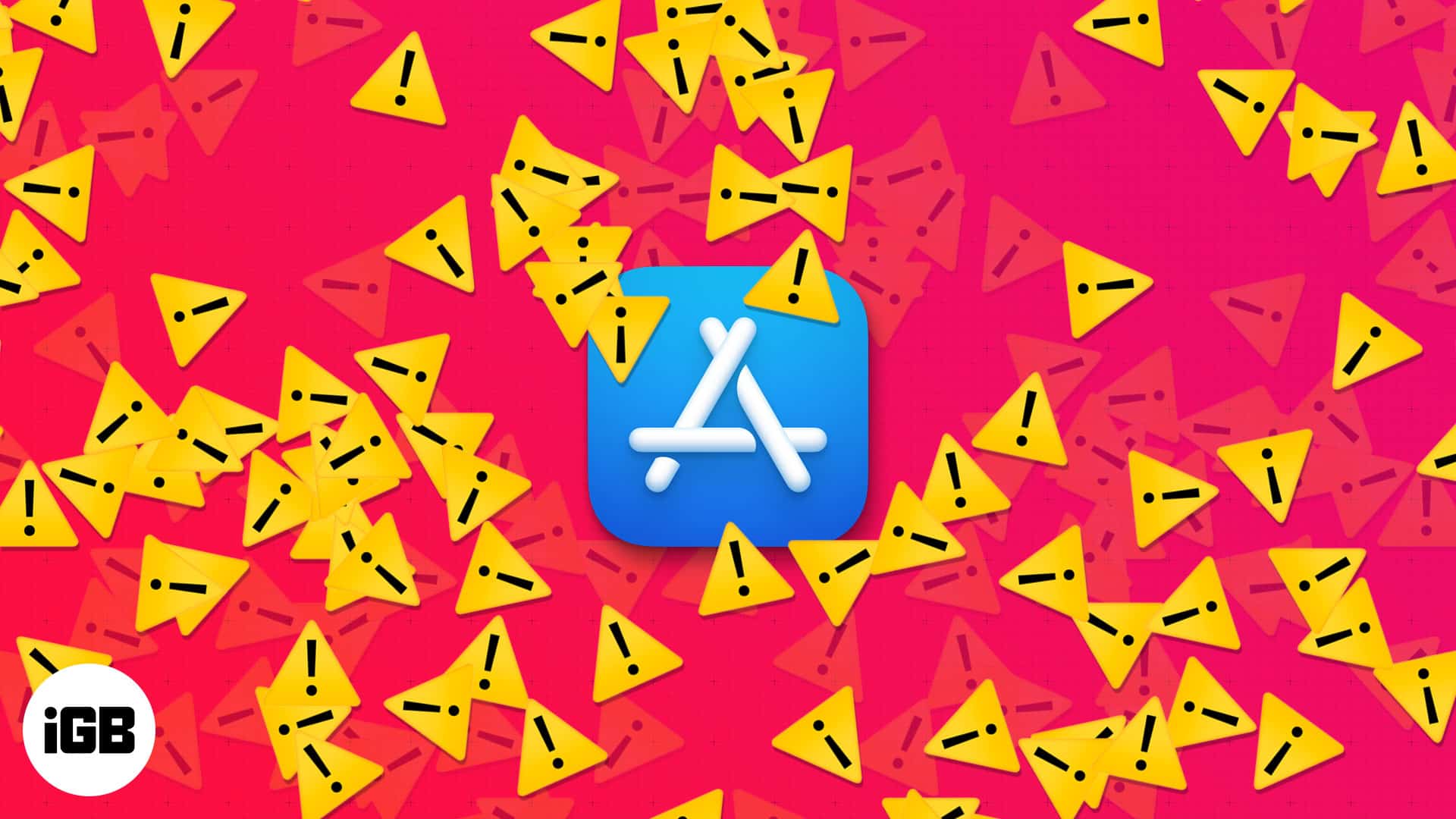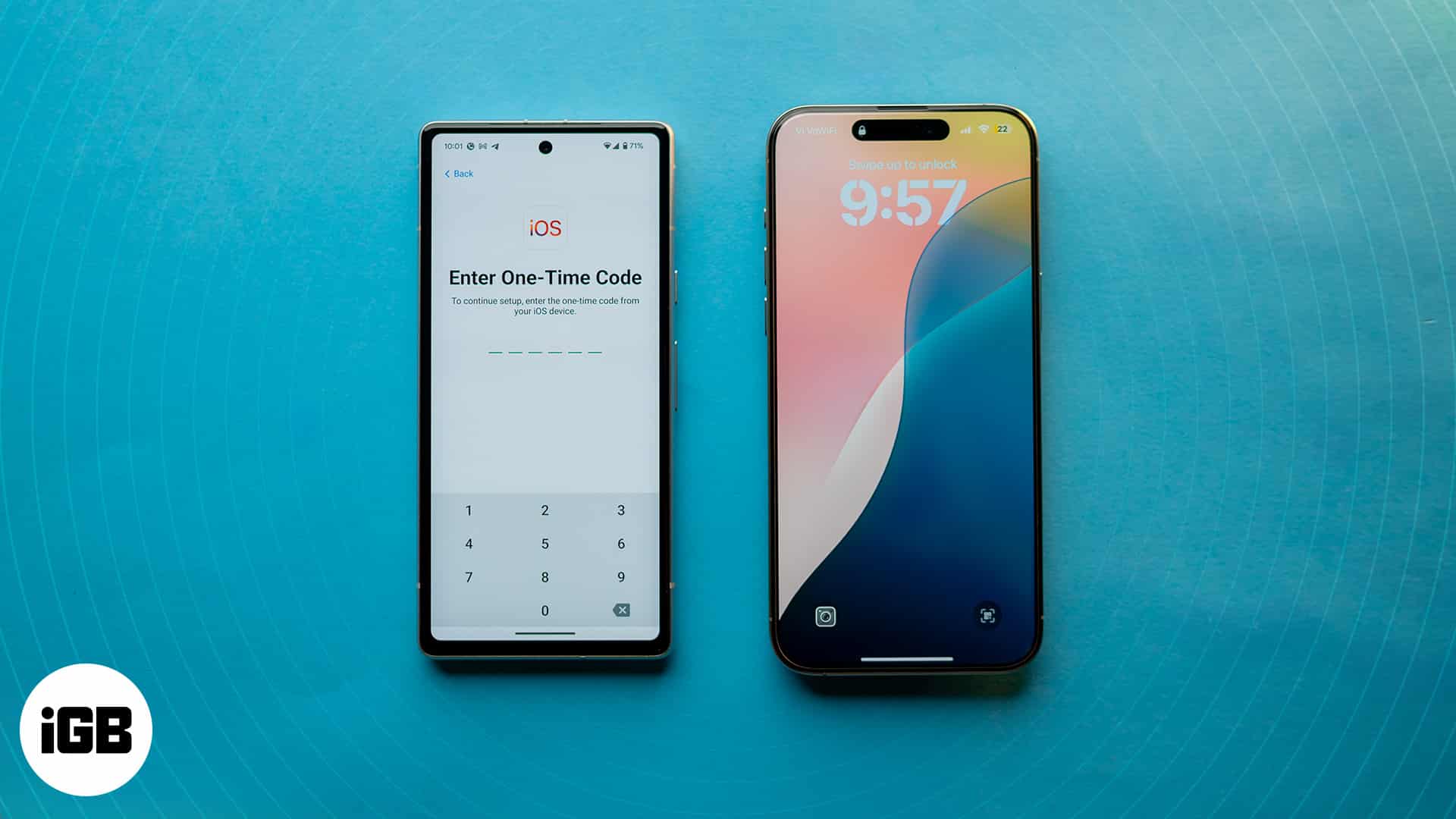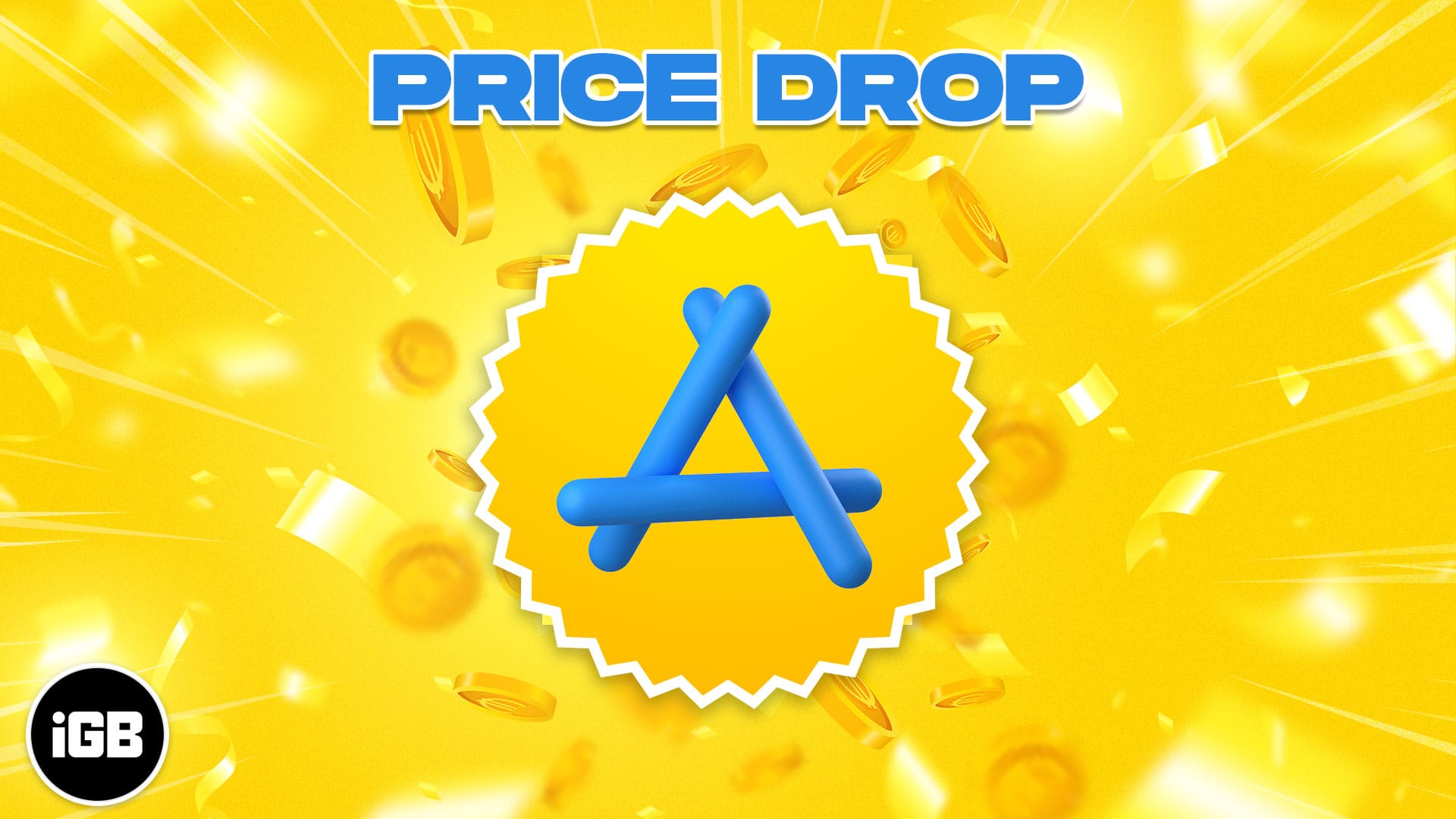Not too long ago, a new EU law, the Digital Markets Act, made headlines across the tech world. This is due to the law’s mandate enforcing Apple to allow sideloading of apps and third-party app stores in the near future. Apple has always been known for its security features and, unlike its counterpart from Google, has never allowed app sideloading.
In an official email, Johannes Bahrke stated that the EU believes in the complete freedom of users and consumers to load whichever apps they desire on their phones, regardless of the vendor. Apart from the default app store, the EU recognizes the need for users to have the option of third-party app stores as well.
This provision in the DMA has caused quite an uproar, with experts being polarized in their approach to the issue. Since this is quite a large mandate, the debate is justified. However, whether or not this will be good for users and the App Store is yet to be seen.
Since sideloading is often a more intermediate to advanced level of phone usage, I believe that people should have a basic idea regarding the technicalities and the issues that it may cause. So, this is what we’re going to tackle today!
What is sideloading?

Apple, just like any other major smartphone manufacturer, has its default app stores for software distribution. These channels are usually heavily monitored to check for suspicious apps and to keep the ecosystem safe. It’s an active method to keep the software distribution intact and compliant with the company’s guidelines.
However, other vendors such as Google allow users to sideload apps other than the Google Play Store, which is the default app store for the ecosystem. This is partly due to the open-source nature of Android, but it comes with its fair share of benefits and risks.
When you’re sideloading an application, you’re installing software onto your device which hasn’t been authorized by your smartphone manufacturer. You can either do it through the already given permission of the smartphone manufacturer or by “jailbreaking” your device.
Why sideload an app?
Although sideloading an app seems rather shady, it’s quite a common practice worldwide. You might be wondering why you’d sideload an app when there are thousands of apps in the App Store already. Well, the simple answer to this question would be that the consumer wants to use specific software that isn’t provided by their device manufacturer’s default app store.
However, there can be a myriad of reasons why the default app store might not play host to the application in question. Some of these include the fact that the app may not comply with the app store’s conditions and requirements.
Another reason could be that the app store requires the developer to pay commissions for hosting their app on the store. Either way, the app won’t be accessible to the user. Sometimes, users might even have to use a VPN after sideloading the app as the latter isn’t accessible in their region.
Nonetheless, the biggest reason that device manufacturers use to campaign against app sideloading is piracy, which is a rampant issue in today’s world.
Has Apple ever allowed sideloading?
One argument for the sideloading of apps is that Apple doesn’t penalize users for sideloading apps on their Mac devices. So, what’s the problem if users sideload apps onto their iPhones? Apple has been firm in answering this question, stating that iPhones are more personal to users than their MacBooks and often carry more private information.
Thus, sideloading apps on an iPhone would completely ruin the security and integrity of iPhones, taking away one of the biggest reasons for consumers to purchase the product. At least, this is Apple’s reasoning and stand on the matter.
A brief explanation of the EU mandate
So, you now have the basic idea of what sideloading an app means. However, what about the EU’s DMA provision itself? To get a better understanding of the mandate, we’ll have to break down a few points.
The provision for sideloading apps was a significant part of the EU’s initial proposal of the Digital Markets Act (DMA). An EU spokesperson has stated that the provision is primarily about the freedom of choice that a user has when they’re utilizing their device. With so many restrictions on the Apple App Store, the EU believes that the user’s experience with their smartphones is being limited and hindered.
EU spokesperson Johannes Bahrke stated:
“This freedom includes being able to opt for alternative sources of apps on your smartphone. With the DMA, a smartphone owner would still be able to enjoy safe and secure services of the default app store on their smartphones.”
Furthermore, the provision would allow the user to choose other third-party stores if they wish to download an app.
Additionally, Apple would also have to stop enforcing the consumers to use Apple’s dedicated payment system. Instead, they’d be able to use the app developer or publisher’s direct payment systems instead. Understandably, this might reduce the commission Apple receives from the developers, although we’re not quite sure regarding this point, yet.
With the Act coming into effect, Apple would have to allow its competitors more freedom on their default app store. Instead of just a handful of apps, you might even notice a horde of competitor apps sweeping the platform, if the EU Act comes into play.
Is Apple worried about security, competition, or profits? Whichever the case may be, Apple will most likely face a tremendous task ahead.
Are there any benefits to sideloading?
SIdeloading apps from third-party stores has been a practice with Google’s Android platform for the longest time. While this has put a certain percentage of users at risk of losing their information and encrypted privacy, other users don’t really seem to mind the process.
After all, with sideloading apps, you’ll be able to access content in different regions and countries. Moreover, it’ll give you plenty of freedom in choosing thousands of extra apps that you might have known about in the first place!
Regardless, app sideloading isn’t a laughing matter. Users must be technically sound and savvy to access the full features of the new app, and ensure that they’re keeping their private data as secure as possible.
Freedom of choice is a basic human right, but these choices have consequences as well. Consumers should know these technicalities before any such provision turns into a law.
What are the disadvantages of sideloading?
This is where it gets a bit more interesting. While most campaigners for app sideloading talk mostly about the freedom to choose how they use their phone, there are very specific security risks with such a scenario. Let’s talk about a few of them, shall we?
Malware
This is often the biggest risk with app sideloading. When developers put up their app on the default app stores, you can be sure that there’s been some quality control with the app. The app store often checks these apps for any malicious algorithms that can harm the user and their privacy. Only after passing the test(s), they’re are allowed in the store.
With app sideloading, especially from third-party app stores, you can never be sure if there’s been any quality control check. As a consumer you’ll never know the twisted tales weaved in the app’s algorithm.
This poses a serious security threat to the user. The only way to ensure that the app is safe, even if it’s not available on the default app store. Some apps, even though they’re not listed on the app store, can be downloaded directly from the source publisher or developer.
For example, Fortnite has been removed from the App Store for quite some while, as Epic Games was unwilling to pay the large commission fee to Apple. Nonetheless, you can download the app through Epic Games’ official site, which is a trusted source.
Whatever the case may be, malware poses a severe threat to the sanctity of your phone when you’re sideloading apps.
Updating
Another minor issue with sideloading apps is that they don’t automatically update themselves. If you’ve enabled automatic updates for your device’s App Store, all downloaded apps will update automatically.
However, when you’re installing these apps from a third-party source, these automatic updates are a no-go. The process becomes extended, with users having to uninstall the current version of the app, and manually download and install the new version from the third-party source.
Once again, with these manual updates, we return to the same malware situation. You’re never sure if the new version of the app is safe, even if it’s a supposed update/improvement over the previous version. Moreover, if you’re using a bunch of sideloaded apps, manual updating can become a tedious task.
Any solution to the DMA provision?
Since it seems like the European Union will not retract any of the provisions in the DMA, there’s a good chance that Apple will have to enforce the changes to their ecosystem. Personally, I believe that app sideloading on the iPhone should be a choice provided to every iOS consumer. However, it should be implemented differently.
It’s common practice to provide multiple permissions to the device when you’re setting it up for the first time or downloading software updates. I believe that the first setup of a new iOS device, or a new update (if the DMA becomes a law), should provide a choice to the users.
The user should have a choice, whether they want to sideload apps on their phones or not. If they choose to sideload apps, Apple could provide a message that they’ll provide the best services possible, but can’t take any responsibility if sideloaded apps cause any issues with the phone.
The very much existent security risks that come with app sideloading should be known to the consumers. However, if they choose to not sideload apps or allow third-party interference with their iPhones, then the iOS would operate the way it always has.
Nonetheless, the ‘choice‘ to sideload apps should be made available to all consumers. It should operate as an option, instead of an already existent feature on iPhones.
This way, the DMA’s provision could be enforced, without it interfering with the workings of the iOS device. Of course, this is a rather simplistic take on the situation. There are plenty of nuances that need to be ironed out even in this situation, such as the possible voiding of warranty, if someone decides to sideload apps.
My personal take
Although Apple’s competitor outfit has quite a few hefty security features, there’s no doubt that the open-source nature of the platform also includes a fair number of security risks. On the other hand, Apple’s iOS devices are known for their encryption and security features.
They’re one of the major reasons why people often switch to an iPhone after using other smartphones. I believe that these security features are what make iOS an exemplary operating system. Apart from all the optimizations and multimedia features, users want more privacy and security in a world that’s rapidly losing the war against information mining and selling.
Allowing app sideloading would put this at a risk, and drag down the iOS user experience considerably. Hopefully, both the EU and Apple are able to find a suitable solution to the issue at hand.
Sure, sideloading apps might provide more variations and options. However, do most iPhone users really need the extra ‘freedom’ at the risk of losing their private information? After all, sideloading apps are more prevalent among power users who want to experiment with their phones.
This niche could be far too small to warrant such a massive change in the Apple ecosystem. Only time will tell how Apple and its devices will react to this major change in the world of technology.
Read more:









Leave a Reply